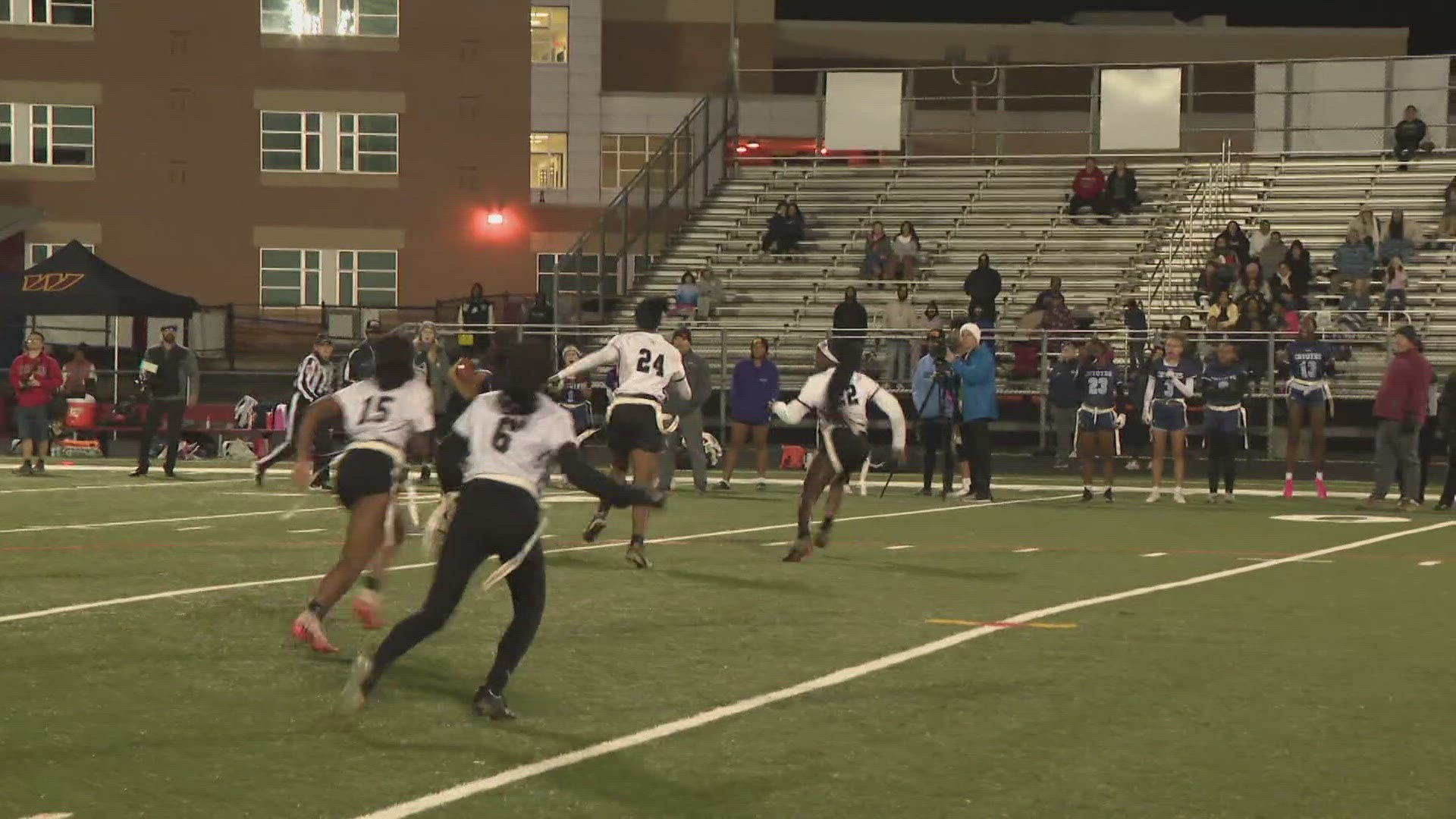When you look up the national anthem lyrics on Google, you can't help but notice the questions about the racist history of the song.
Is there a verse that glorifies slavery? If such verse exists, what does it say exactly?
Our own Darren Haynes decided to verify the story and get to the bottom of this lifelong question.
So where do you go when you need answers to a question that dates back to before you were born? To the experts of course.
Haynes started with the Library of Congress, which actually holds the "official" historic records and artifacts.
The Library of Congress holds the original sheet music from when Francis Scott Key wrote the anthem in the war of 1812.
The sheet music shows four verses and Haynes was able to find the verse that indeed glorifies slaves.
The lyrics in verse 3 that speak to slaves are as follows: "Their blood has washed out their foul foot steps pollution. No refuge could save the hireling and slave, from the terror of flight or the gloom of the grave."
The Smithsonian Institution also gave Haynes some insight into the songwriter Key himself.
Key was a slaveholder who believed blacks to be "...A distinct and inferior race of people."
However the two historians Alan Taylor and Robin Blackburn, that Darren spoke with said that wasn't the full story.
British forces recruited escaped slaves to fight against American militia in that war.
To Key this would have made them as much of an enemy as the Brits and could've count for that part of the song in verse 3.
In the end, even though Francis Scott Key owned slaves, later in his life he fought to end it by serving as a lawyer for many slaves fighting for freedom.
No matter what the song meant 200 years ago, historians believe that the the song has come to celebrate the sacrifice of all miliary heroes during the war.


